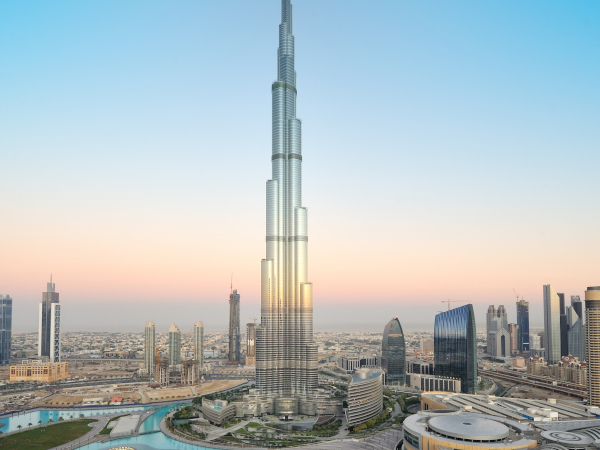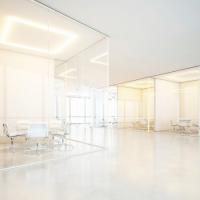
Date: 22 February 2016
With the development of technology man has learnt to optimize this versatile material to its maximum potential. Glass nowadays is being used for glazing, tiling, housing and buildings, packaging, tableware, interior design and decoration, furniture, appliances, automobiles and much more.
Uses of Glass in construction and architecture
Over the years glass has characterized modern architecture like no other material. Glass materials not only distinguish the look and feel of facades but also have a crucial involvement in the energy efficiency of buildings.
The usage of glass in the commercial and residential sector is increasing by leaps and bounds. This adaptable material is now being considered as a symbol of affluence and luxury and is gradually becoming an architect’s favorite.
Types of glass used in architecture
When it comes to architecture and design, glass offers an array of styles to choose from such as tinted, float, double-glazed, solar control etc. Each possessing qualities of its own.
Advantages of glass in architecture
Glass has the ability to make infrastructure look more stunning and sophisticated. It goes without saying that usage of glass in construction adds beauty to the building. Its use achieves the architectural view for external decoration. When used in the interiors, glass saves space too.
Glass cladding in building carry out the utilitarian requirement of heat retention, lighting and energy saving. It also adds a sense of ingenuousness and harmony to any surrounding.
How are AIS glass solutions different from the rest?
We offer myriad solutions depending on the need of your project and offer customized solutions to cater to your every need in glass. We have products which are five times stronger than ordinary glass in the market. They allow architects and contractors to build the best architectural designs.
Why should you choose AIS?
Design and durability:
By opting for AIS glass solutions, you are guaranteed to get designs that are durable, aesthetically pleasing and flexible in nature.
Safety and Security:
Our glass solutions offer better safety and security that make them the best option for use in high-security places.
Noise reduction:
Our solutions can also be used to control sound levels and act as an effective insulator. If your office or home is situated near a busy market, railway station or an airport, these solutions can be vital in keeping the sound out.
Energy Saving:
With AIS glass, you can not only create supreme aesthetic designs, but also save energy costs. Our solutions also help in saving energy and keeping your building cool.
Our thermal insulating glass is the ultimate product when it comes to conserving the heat inside any structure. Our Float Glass produces a wide range of value-added varieties of glass such as solar control glass — opal and ecosense range of glass and many more that are best for your construction needs.
With us on board, you are guaranteed to get access to a wide range of glass solutions that suit all your requirements, be it for commercial use or residential. If you are looking to provide your clients/employees/family members with a place of complete bliss and aesthetic glory, opt for AIS glass solutions.
 600450
600450









Add new comment